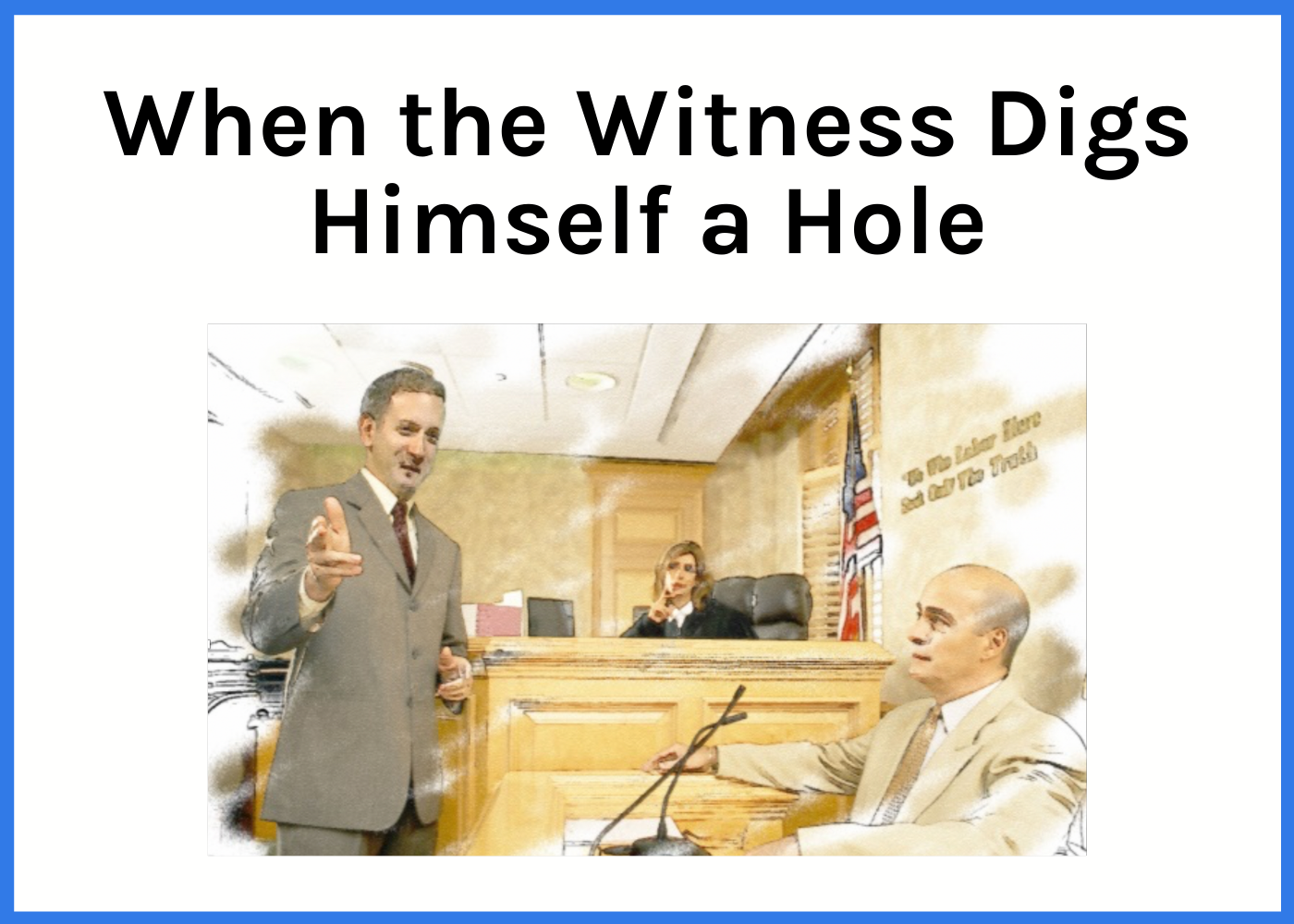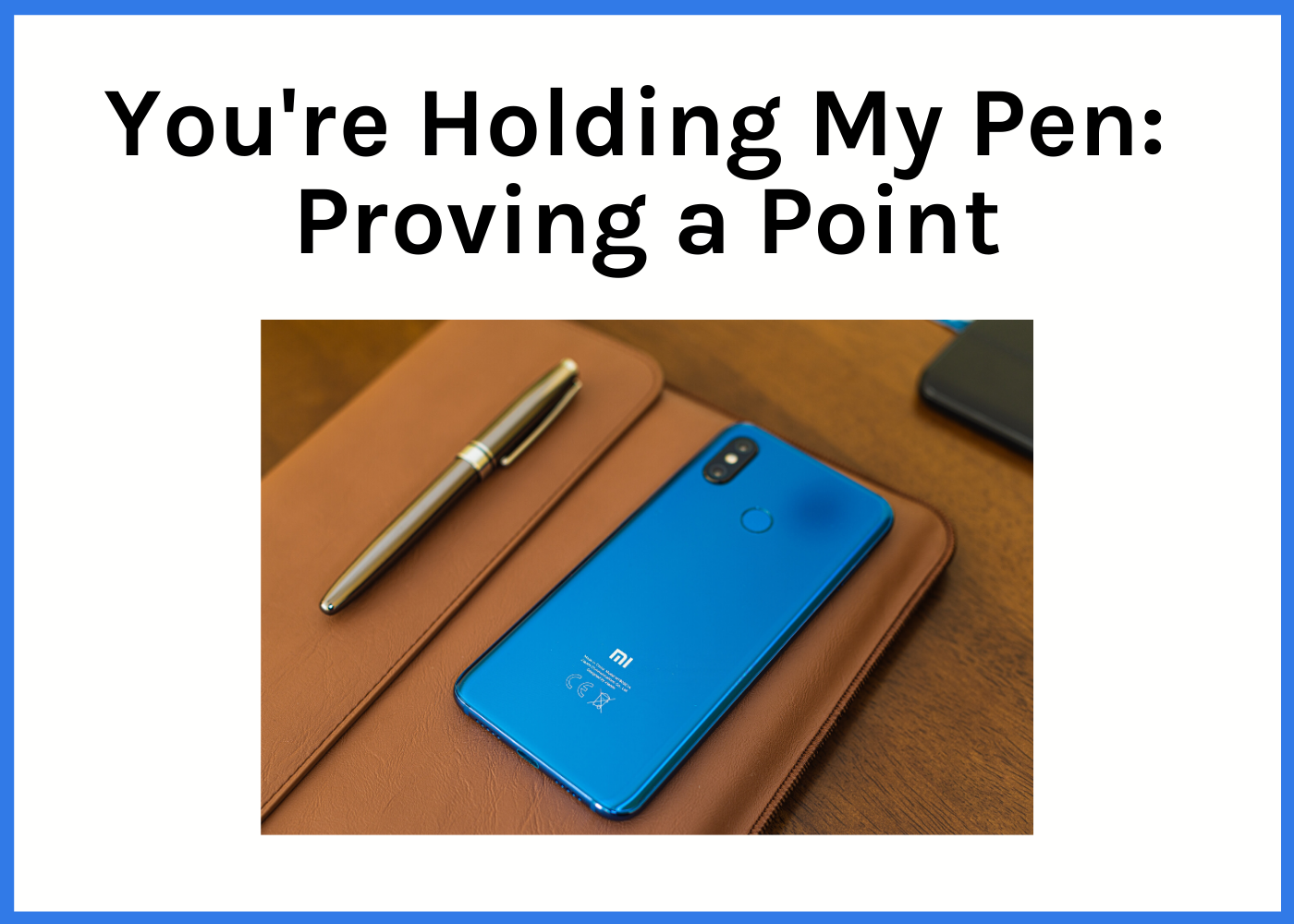We just finished two long trials. Both involved difficult facts and difficult circumstances. And both involved informants or cooperating witnesses testifying for the prosecution. Cross examining a cooperator or informant is not for the feint of heart … it requires listening, persistence, patience, wit and a plan or attack. Some lawyers just want to get up there and yell and scream. Those lawyers rarely succeed during a cross examination of an informant/cooperator.
In our most recent trial, we were confronted with two (2) cooperating witnesses. We’ll write more about the cross examinations of these witnesses in the coming days but suffice it to say that we had a plan of attack for each and we executed that plan. Court observers claimed that they didn’t believe either witness. But I digress …
In another recent trial, one that last several weeks, we were confronted with one of the most challenging witnesses around — the cooperating accomplice who is willing to admit every prior lie, misdeed, etc. This witness is street smart and is willing to light himself on fire so long as he lights the accused on fire as well. Think of a mob movie with a smart-alecky turncoat “snitch” on the stand who tells jokes, laughs at himself and others and is good with a comeback or two and you’ll start to understand the type of witness that we just dealt with in this trial. But there is a way to effectively cross examine this witness — you have to corner him in ways that he doesn’t expect it, with a series of questions where the witness will likely lie to avoid looking bad. You see, its easy for someone on the stand who is getting a deal to admit to having lied to the police or having committed crimes — they know that the prosecutor, judge and jury already know that about them. They have embraced those facts and they are willing to admit them.
But if you can corner the witness into situations where he is forced to admit facts that make him look bad, that reveal the core of his character, i.e., things that he wasn’t prepared to have to admit to, he will naturally lie or have to admit being a con. This is the gold of a killer cross examination.
During this cross examination of this witness, we cornered the informant/cooperator twice to such a degree that even the judge knew he was lying and the judge jumped in and actually pointed out that the witness was lying. Here are two (2) excerpts —
In this excerpt, I confronted the witness with his looked the cops right in the eye, on the scene, and lied. The witness didn’t want to admit that … he was prepared to say that he had lied at the police station but he wasn’t prepared to reveal that he had the ability and character to lie on the fly (so to speak) and to do so convincingly. Even the judge knew he was a “deceitful guy” and called him out on it:
You see the trap? When the witness was cornered, he didn’t want to admit the truth but he didn’t know what to say. When he paused and hesitated, the judge called him out, admonished him and even called him a deceitful guy. It doesn’t get must better than that. Or does it?
In this next excerpt, I cornered the witness again. The judge saw the witness trying to lie and called him on it too. The witness didn’t want to admit that he was going to get insurance proceeds that he wasn’t entitled to … he realized how that made him sound to the jury: bad, devious, deceitful. So, the witness tried to lie:
He was cornered with having to reveal his true character, his true self and he didn’t want to. Instead, he answered “I can’t answer that.” This was a copout of course. But the judge wouldn’t have any of it … the judge called him on it again. Again, it doesn’t get much better than the judge calling the witness a liar during a cross examination.
When confronting a witness, make sure to corner him with having to admit that he is a liar/or scoundrel or watch him try to squirm out of it. If you have a judge like we had, the judge will recognize it too and even help you prove your point. Either way, the jury will see and understand what’s happening.
Please be aware we are relying on impressions, recollections, memories and interpretations.



